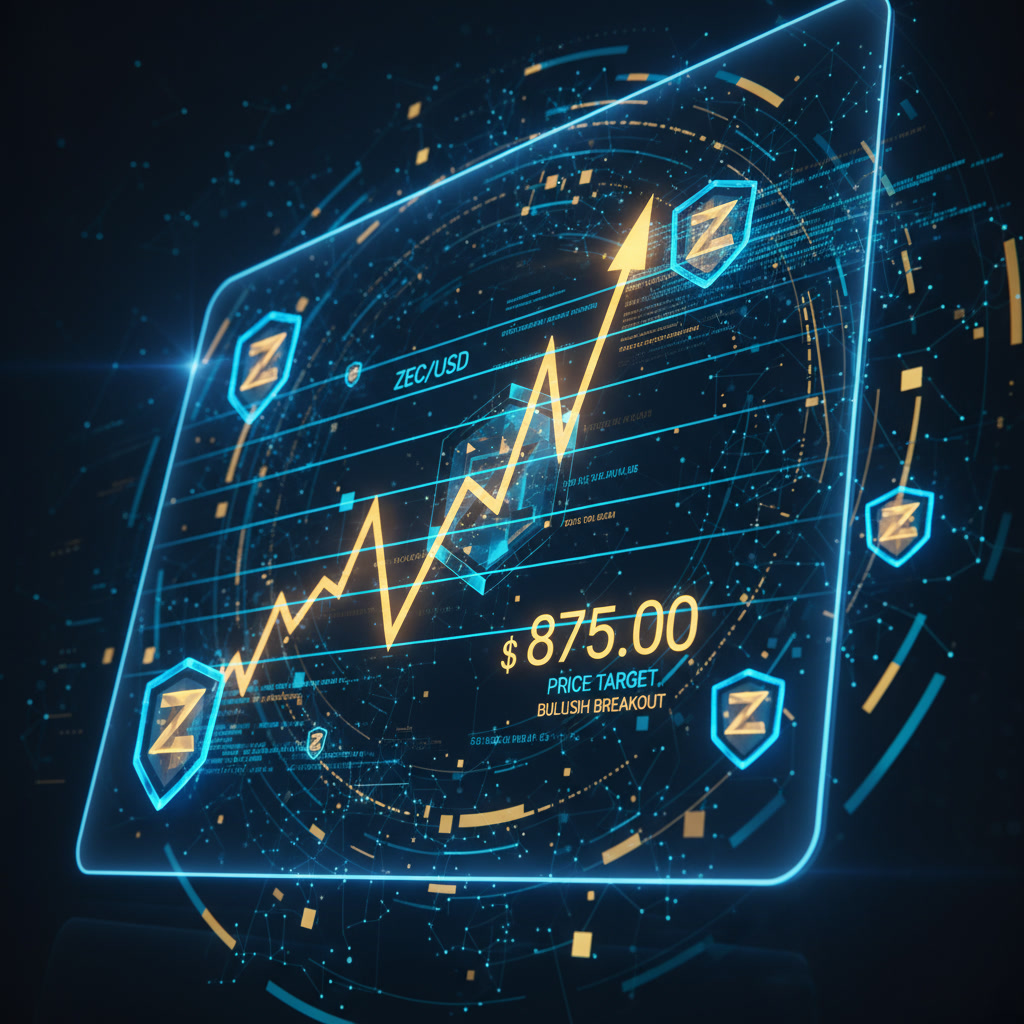Democrats Demand Treasury Records on Trump-Linked Crypto Projects: Intensified Scrutiny of Former President’s Crypto Ventures
Democratic lawmakers in the U.S. House of Representatives have initiated a robust inquiry into former President Donald Trump’s expanding involvement in the cryptocurrency industry. On May 14, 2025, a coalition of representatives led by Gerald Connolly (D-VA), Joseph Morelle (D-NY), and Jamie Raskin (D-MD) formally requested detailed financial records from the U.S. Treasury Department. Their request specifically targets all suspicious activity reports (SARs) filed since 2023 that pertain to several Trump-linked digital asset projects, including World Liberty Financial (WLF) and the Official Trump token (TRUMP).
Understanding Suspicious Activity Reports (SARs) and Their Role in Financial Oversight
Suspicious activity reports are critical instruments used by the Financial Crimes Enforcement Network (FinCEN) – a bureau of the U.S. Treasury – to monitor and investigate potential financial crimes. Financial institutions are mandated to file SARs when they detect transactions or patterns that could indicate money laundering, fraud, campaign finance violations, bribery, or other illicit activities.
Lawmakers’ demand for these SARs signals a heightened concern that Trump’s crypto ventures may have been involved in activities that skirt or violate federal laws. By accessing these reports, Congress aims to uncover whether these projects have been used as vehicles for improper political financing, foreign influence, or other forms of financial misconduct.
Spotlight on Trump-Linked Crypto Ventures: World Liberty Financial and the Trump Token
World Liberty Financial (WLF)
World Liberty Financial has emerged as a focal point in this investigation due to its role as a crypto platform linked to Trump’s political and business interests. The platform reportedly conducted token sales that included offerings to international investors. Democrats argue that such international sales may have exploited regulatory loopholes, potentially allowing foreign entities to exert undue influence in U.S. political affairs through digital asset investments.
The involvement of Justin Sun, a prominent crypto entrepreneur known for founding the TRON blockchain, further complicates the picture. Sun’s investment in WLF and the recent pause by the Securities and Exchange Commission (SEC) in its lawsuit against him have raised additional red flags among lawmakers, who suspect deeper foreign entanglements.
The Official Trump Token (TRUMP)
The Official Trump token has been marketed as a digital asset closely tied to the former president’s brand and political aspirations. Lawmakers have expressed concern that the identities of token purchasers remain undisclosed, creating a potential avenue for undisclosed influence or favoritism toward Trump through token acquisitions. This opacity could mask campaign contributions or financial benefits that escape regulatory scrutiny.
Broader Scope: Additional Entities and Figures Under Congressional Review
Beyond WLF and the Trump token, the lawmakers’ letter also requests SARs mentioning a range of other political action committees (PACs) and influential figures, including WinRed, America PAC, Elon Musk, MELANIA, Justin Sun, and others. This expansive request indicates a broader congressional effort to explore how cryptocurrency and digital fundraising intersect with political campaigns and influence operations.
The lawmakers have set a firm deadline of May 30, 2025, for the Treasury Department to respond, underscoring the urgency and seriousness of their inquiry.
Legislative and Investigative Momentum Builds
This Treasury records request is part of a growing pattern of Democratic efforts to investigate and regulate Trump’s crypto activities amid concerns over transparency, legality, and national security.
-
House Subcommittee Investigation: Earlier in May, House Democrats launched a subcommittee investigation to determine whether Trump could personally profit from his digital ventures while campaigning for the 2024 presidential election. This investigation also included the introduction of two bills aimed at tightening oversight on crypto-related campaign finance activities.
-
Senate Democrats’ MEME Act: On May 6, Senate Democrats, led by Senator Chris Murphy (D-CT), introduced the Modern Emoluments and Malfeasance Enforcement (MEME) Act. This proposed legislation seeks to prohibit federal officials-including the president, vice president, members of Congress, senior executive officials, and their immediate families-from issuing, sponsoring, or promoting digital assets such as cryptocurrencies, securities, commodities, and futures. The bill aims to close loopholes that could allow officials to financially benefit from cryptocurrency ventures, directly addressing concerns raised by Trump-linked projects.
Political and Regulatory Implications
The investigations and legislative proposals reflect growing bipartisan concern about the intersection of cryptocurrency, political finance, and national security. The Trump-linked crypto projects have become a flashpoint in debates over how digital assets should be regulated, especially when they intersect with political campaigns and officials.
Critics argue that the lack of transparency in token sales and the involvement of foreign investors could undermine the integrity of U.S. elections and financial systems. On the other hand, supporters of cryptocurrency innovation caution against overly broad regulations that could stifle technological progress and legitimate fundraising efforts.
The Role of Justin Sun and Other Crypto Figures
Justin Sun’s involvement in World Liberty Financial has drawn particular scrutiny. As a high-profile crypto entrepreneur with international ties, Sun’s investment raises questions about potential foreign influence in U.S. political fundraising through digital assets. His recent legal challenges with the SEC add further complexity to the ongoing investigations.
Other figures mentioned in the Treasury records request, such as Elon Musk and various PACs, highlight the complex web of cryptocurrency, politics, and influence that lawmakers are attempting to untangle.
What to Expect Next
The Treasury Department’s response to the SARs request will be closely watched by lawmakers, regulators, and the crypto community. Should the records reveal evidence of wrongdoing or regulatory gaps, it could prompt new enforcement actions, legislative reforms, or even criminal investigations.
Meanwhile, Trump-linked crypto projects continue to operate amid increasing public attention and regulatory uncertainty. The outcome of these investigations may set important precedents for how digital assets are treated under U.S. law, particularly in the political arena.




